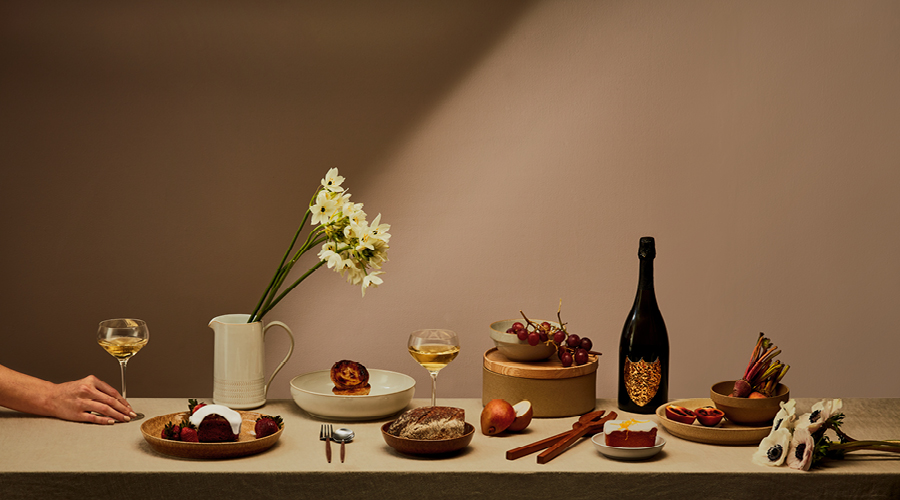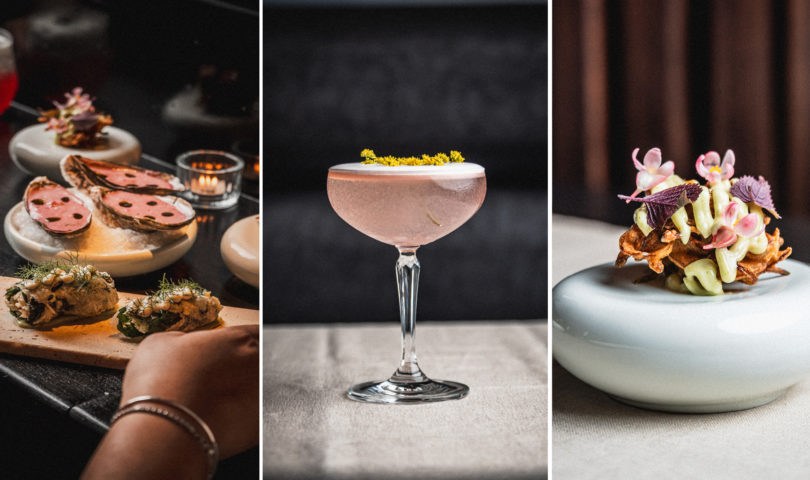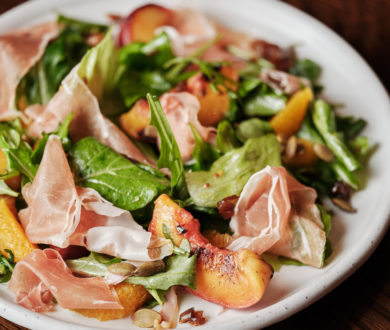The basic rules of table etiquette differ according to different cultures and some can be the complete opposite of what we’ve been trained to accept in New Zealand. To save you from risking unintentional offence, here are some useful tips to keep in mind when dining with friends or family from a culture that is different from your own.
Leave food on the plate in China
The pressure to finish the food in front of you is non-existent in Chinese culture. In fact, the left-overs on your plate after a long feast are a sign to your hosts that they have generously fed you. They can assume you are leaving the table in a happy, well-satiated and appreciative state of being.
Slurp your noodles in East Asia
Although it’s true that slurping your food is perfectly acceptable in certain parts of Eastern Asia, as a custom it has been slightly exaggerated. While slurping can be evidence of enjoyment, it doesn’t necessarily mean that the louder the slurp, the better the manners.
Your age determines your table rank in South Korea
If you’re the youngest person at the table in South Korea, prepare for some additional tasks added to your dining experience as it’s your responsibility to serve your elders, keep their water glasses topped up, and clean up after they’ve finished. Perhaps even more importantly, eating before your elders is considered completely unacceptable.
Use of the left hand for eating is forbidden in the Middle East
It doesn’t matter if you’re a lefty or righty, using your left hand to eat is considered unclean in both the Middle East and certain parts of Africa. This rule even applies when handing over important documents. The origins of this custom come from the association of the left hand with other bodily functions, so it’s a ruling that’s based around an idea of hygiene.
No using your hands, at all, in Chile
Surely delicacies such as pizza, burgers and tacos have to be picked up by hand? Not in Chile. There, even fries require utensils. It’s an unequivocal, hands-down rule in Chile that fingers are simply off-limits when it comes to food.
The spoon rules the fork in Thailand
In Thailand, the spoon replaces the knife and is also the utensil for eating. The fork’s only purpose is to help place the food on to the spoon. Knives are viewed as unnecessary because dishes should be prepared in bite-size pieces, but if you ever need your Thai food to be smaller, you can use the edge of your spoon to cut it.
Cut the cheese mindfully in France
We Kiwis love a good cheese board, but we have much to learn when it comes to cutting cheese correctly. Cheese should be cut according to its shape. A good rule of thumb is to share the rind and then just follow the basic geometry, instead of mindlessly attacking it from any angle to slice your share.
Never ask for extra cheese in Italy
If the waiter fails to ask if you want extra cheese, that’s because extra cheese is considered unnecessary. In Italy, the rule is that the chef is always correct. There’s a high chance of unwittingly causing offence to the maestros in the Italian kitchen if you ask to modify your order. So the rule is, just take what you can get and share your gratitude!






